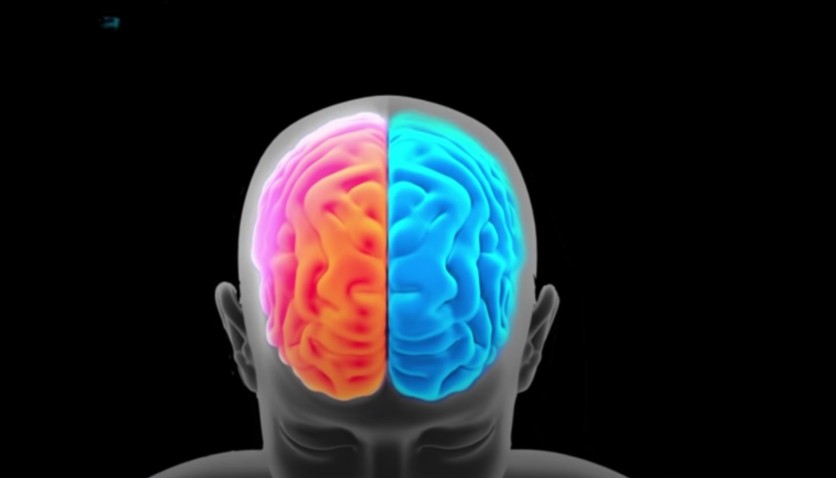
A new study conducted by scientists reveals a certain method to increase self-confidence and eliminate fears among people suffering from phobias and anxieties.
The known technique will zap your brain so experts can monitor how it functions, especially when people are confronted with their fears.
How Decoded Neurofeedback Works in a Patient?
In a report by Joe Pinkstone of Daily Mail, the method can be used to cure anxiety, phobia, and other psychological conditions. It also allows the patient's brain to function, improving a person's courage over the things that he/she does not want to encounter.
Researchers from Japan discovered this technique that zaps your brain to be more active. According to the authors of the study, the method still needs further development because it is still not guaranteed to work for every person.
In the neurofeedback procedure, MRI (Magnetic Resonance Imaging) and AI (Artificial Intelligence) were merged to carry out the study.
The experts concluded that a functional MRI or the fMRI paved the way for them to see a human brain's activity in real-time, which was done through comparisons of the past recordings.
The researchers, who are from Seika's Advanced Telecommunications Research Institute International, made a particular example. They exemplified the case of a person who has arachnophobia or the fear of spiders.
Read Also : 'Snow Moon' Might Affect Your Sleeping Patterns and Cause Sleep Deprivation, According to Experts
Furthermore, when an arachnophobic individual sees a tarantula image, the response will be directed to the computer. This indicates similar responses will likely happen randomly when it comes to the brain's natural activity variation.
The Role of Positive Reinforcement to the Study
There was a moment when the scientists gave money to the participating people whose responses triggered fears. When an incentive or a reward is involved, this reprograms a person's brain to behave anew, in the case of a repeated trigger attack of a phobia subject.
According to Dr. Mitsuo Kawato, one of the authors of the study, the repeated positive reinforcements reconnect the individual's memory every time he/she recognizes a pattern. Kawato added that the involved participants are not required to know the pattern for the experiment to be successful.
Over 60 people have participated in five different studies, where all data were arranged in a single database. For Dr. Aurelio Cortese, the lead author of the study, the clinical populations can gain more benefits compared to traditional treatments through the Decoded Neurofeedback approach.
Cortese added that through the method, patients can now prevent the stress of exposure therapies and the side-effects of some drugs. He ended that if more experts collaborated to collect the actual data, they could further improve the study.
The study is entitled "The DecNef collection, fMRI data from closed-loop decoded neurofeedback experiments," which was published in Nature.com on Feb. 23.
10 experts authored it besides the study's lead researcher Cortese and Kawato: Saori Tanaka, Kaoru Amano, Ai Koizumi, Hakwan Lau, Yuka Sasaki, Kazuhisa Shibata, Vincent Taschereau-Dumouchel, and Takeo Watanabe.
Related Article : Lucid Dreamers Can 'Respond' While Asleep Thanks To The Electrodes Attached To Their Heads
This article is owned by Tech Times.
Written by Joen Coronel

![Apple Watch Series 10 [GPS 42mm]](https://d.techtimes.com/en/full/453899/apple-watch-series-10-gps-42mm.jpg?w=184&h=103&f=9fb3c2ea2db928c663d1d2eadbcb3e52)


